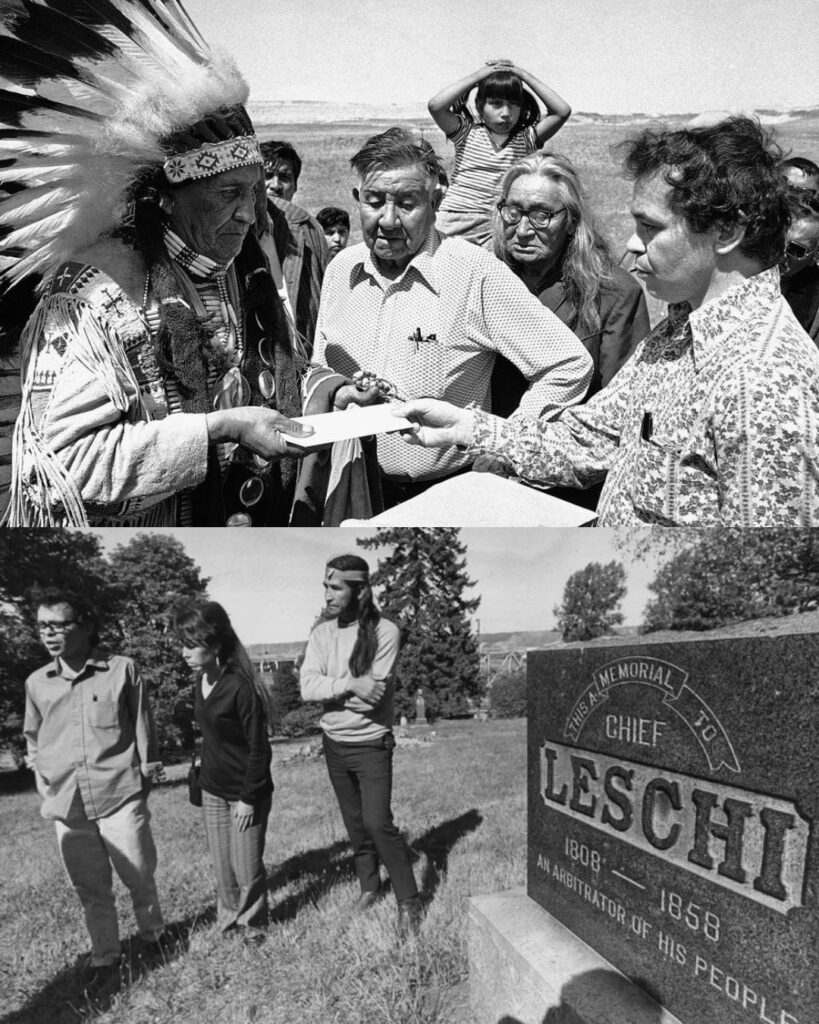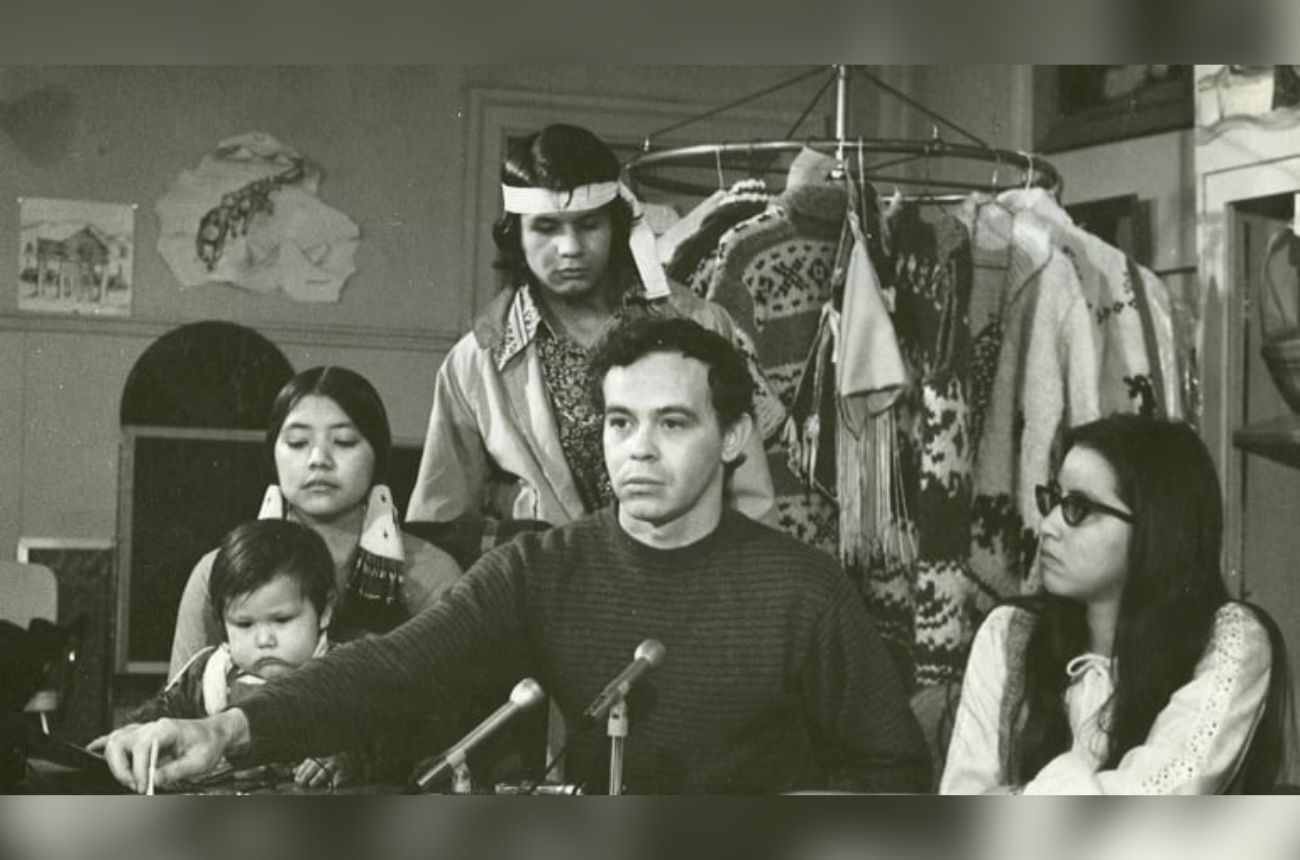Henry Lyle “Hank Adams” was a towering figure in the realm of Indigenous law and activism, revered by many for his deep commitment to Indigenous rights. Although he wasn’t a lawyer, his profound understanding of Indigenous law and his strategic brilliance made a lasting impact. Vine Deloria, Jr., a prominent Native American scholar, even described him as the “most important Native American in the country.”
November is known as the Native American Heritage Month to acknowledge and celebrate the continent’s indigenous people, their knowledge in a range of subject areas including scientific methods or arts among others, as well as their many achievements both past and present. Primary source laws, codes and regulations from sovereign federations of original peoples and tribes are obtained by the Law Library: analyses regarding indigenous legal systems are additionally carried out there. At any time of the year and notably during November, we take note of the significance this type of law plays in the lives of original people.
Hank Adams, an Assiniboine-Sioux born on the Fort Peck Reservation, spent his formative years in Taholah, Washington. A bright and promising student, he excelled in high school and attended the University of Washington. However, his life took a dramatic turn when President John F. Kennedy was assassinated, prompting him to leave college after two years and dedicate himself to activism.
Adams became a pivotal figure in the Fish Wars at Frank’s Landing, where he fought for Native American fishing rights. His commitment to the cause was unwavering, and he faced numerous arrests and even survived being shot during protests. His efforts drew significant attention, including that of actor Marlon Brando, whom Adams invited to participate in the “fish-ins” — peaceful protests asserting Native fishing rights. Adams also collaborated with filmmakers to produce three documentaries that highlighted their struggle and organised numerous demonstrations to garner support.
In 1966, recognizing the lack of legal education on Native American issues, Adams approached Ralph Johnson, a law professor at the University of Washington, to establish an Indian law course — a groundbreaking initiative since no American law school offered such courses at the time.

Hank Adams made a profound and lasting impact. In 1974, he represented tribal fishers in the landmark case United States v. Washington, playing a crucial role in their legal victories. Native American author and activist Vine Deloris highlighted Adams’ transformative influence: “When Hank came into the fishing rights struggle, the Indians were disheartened, disorganised, and certainly demoralised. In the decade in which he has been active, the situation has completely reversed.” Adams’ unwavering dedication and leadership breathed new life into the movement, leaving an enduring legacy in the fight for Native American rights.
Hank Adams was deeply involved in organising the Trail of Broken Treaties protest march. Alongside other organisers, he played a crucial role in planning the protest, which aimed to draw attention to Indigenous rights. During the march, when the protests stopped in Minnesota, Adams penned the “20 Points” document. This significant paper outlined the needs of Indigenous people, provided a history of their treaty rights, and called for new treaties with the federal government.
Although Adams rarely receives credit for authoring the “20 Points,” this document is highly regarded by scholars and advocates. It is seen as a pivotal work in the history of Indigenous treaty rights and the relationship between tribal nations and the United States. Adams also collaborated with the federal government to resolve the occupation protest at the Bureau of Indian Affairs, ensuring the safety and return home of the protestors (Heffernan, 16). His contributions have left a lasting impact on the movement for Indigenous rights.
Adams later reflected that ignoring the “20 Points” was a key factor leading to the famous Wounded Knee takeover by the American Indian Movement (AIM). During this event, Adams once again stepped in to mediate between the federal government and the protestors, striving to ensure the voices and needs of Indigenous peoples were acknowledged.
In the 1980s, Adams expanded his advocacy efforts internationally by working with the Miskito People in Nicaragua, helping them pursue self-determination. He remained committed to his cause, continuing to support the rights and interests of the Northwest Treaty Tribes. Through these efforts, Adams dedicated his life to championing the rights of Indigenous communities, both at home and abroad.




